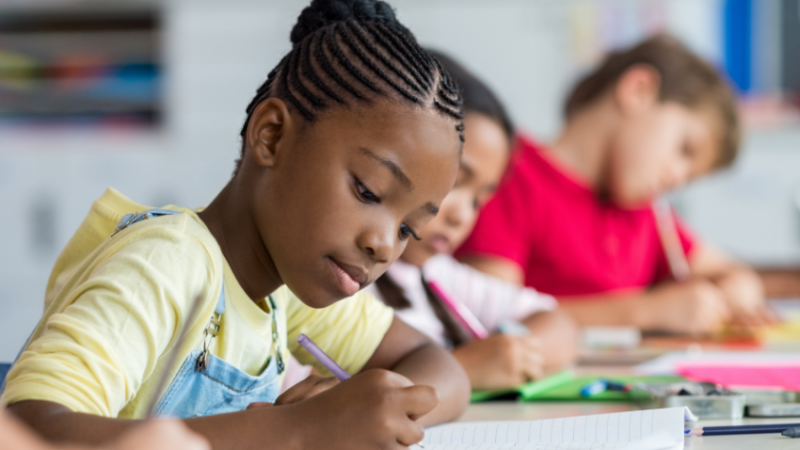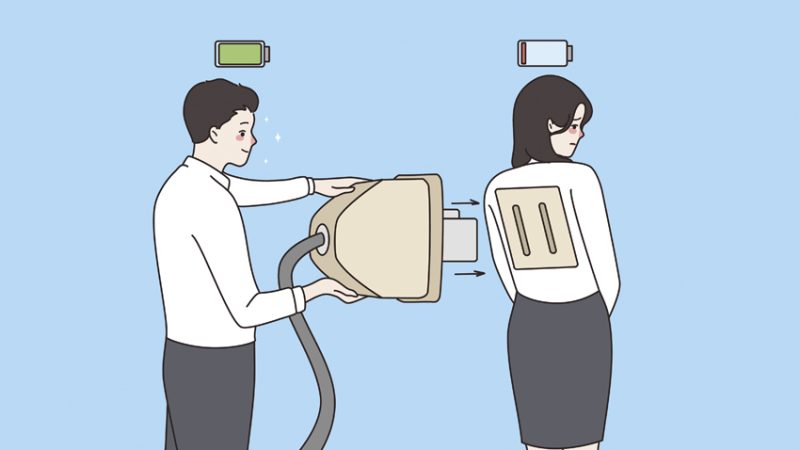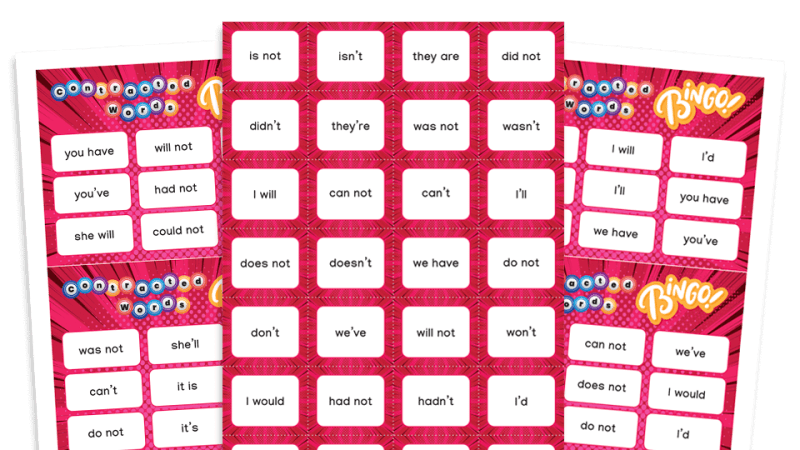Curriculum design – We’ve lost sight of what’s important

Once, we gave children time to learn joyfully, and form their own links and questions – now we just bombard them with facts and expectations; so what’s happened?

September 2024 will mark 10 years since the 2014 national curriculum was introduced. Looking back, I was so excited as a new assistant head, leading school curriculum design. In those ten years, so much has changed.
I remember sitting with the senior leadership team, all of us so eager as we workshopped our new curriculum, determined to plan purposeful skills and knowledge for our children within our own context, with plenty of opportunities for them to rehearse learning and skills.
The autonomy we felt we had, to ensure a personalised curriculum design that worked for our children and would lead to deeper lifelong learning, sticks with me.
Curriculum design
To say that feeling of joy around curriculum design has since vanished would be an understatement. Curriculum now hangs as a weight around the necks of many in schools.
The school curriculum we developed around that workshop table is now unrecognisable.
In 2024, that same curriculum feels like a totally different beast altogether… a never-ending list of knowledge, facts and information to be drilled into all children, no matter what.
“To say that feeling of joy around curriculum design has since vanished would be an understatement”
It’s a curriculum that feels suffocating: led by the same generic published schemes in most schools, every fact and every piece of knowledge having to be recorded to prove that pupils have retained each piece of information.
Teachers spend so much time trying to give all subjects equal weighting. They cram as many lessons as possible into each day, each with its own set of knowledge organisers, key vocabulary and flip charts.
Deep learning
When did that change happen? In 2014, I felt in control of the curriculum design outlined for my pupils. The day seemed long enough. I was able to make learning meaningful and even, dare I say it, make cross-curricular links.
The learning journeys I created for my children were recognised by Ofsted as outstanding. Pupils learned whilst developing a variety of skills; independent, talking and working together. Practical and interactive lessons were recorded when it was needed, in a purposeful way.
But most importantly, the learning was deep. The children I taught had time to breathe,
to think and process, make links and form questions. They also had time to enjoy, share and follow the interests they developed during lessons further.
“The children I taught had time to breathe”
Enjoying learning
As a teacher I worked long hours, but I didn’t feel constantly bombarded. I had time to explore learning in depth with my class. Were those children worse off than the pupils today? I’d argue not.
I could make time for each child, and differentiate for them. My pupils achieved their potential, but also enjoyed learning and school.
Maybe they didn’t know everything about every era of history, but neither were they overloaded cognitively by a robotic teacher reading facts at the front of the class. They had lessons where the learning was active and practical.
“My pupils achieved their potential, but also enjoyed learning and school”
What an old-fashioned and out-of-date view of learning for a curriculum design leader to hold,” I hear you say. But aren’t primary teachers leaving in their droves, overworked, overburdened and exhausted?
Aren’t so many children struggling to attend school: overwhelmed by the learning, the curriculum, the expectations to know and remember so much?
Aren’t we faced with a generation of teachers who have been trained to return to the one-size-fits-all, chalk-and-talk approach, just with an electronic board?
Change in expectations
A few weeks ago, I heard an older teacher telling a colleague how there used to be time for practical science investigations, and that the children always loved them and learned so much. Don’t our pupils still deserve those learning experiences?
When did that 2014 curriculum alter? As far as I’m aware, it’s still the same one I was so excited about a decade ago. Have the changes in expectations of educators since its publication transformed the lives of learners for the better, or made them worse?
The author is a teacher in England.











